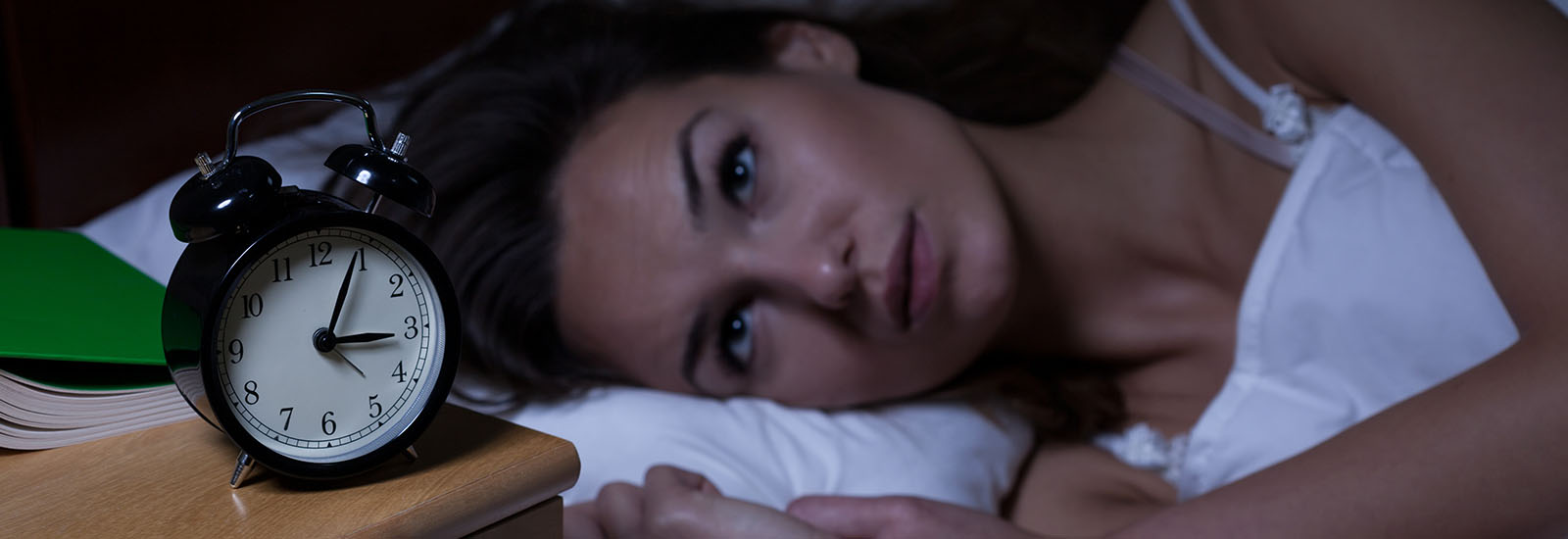Insomnia
Insomnia means having difficulty sleeping. Sleep troubles can start with a sleep disturbance and then turns into a cycle that turns into a bigger problem. When someone is in a cycle of not getting much sleep, this can stress them out, which then makes it more difficult to sleep. If it goes on long enough, the vicious cycle self-reinforces, which means the insomnia pattern gets worse and worse. As worry increases, sleep becomes even harder to come by, leading to frustration, anger, and moodiness caused by lack of sleep.
Some significant psychological issues such as depression, anxiety, or bipolar disorder can disrupt your sleep patterns for a long time if left untreated.
I need help right now! Is there anything I can do on my own?
Yes, there are several things that you can try which often help with sleep. First, if you’re having trouble sleeping, it’s often tempting to take a nap during the day. This is very understandable because of course you’re tired and you want some relief, but taking a nap can actually make the problem worse. So, try not taking a nap during the day, even though that may be very hard to do. You might find it is easier to fall asleep when your regular bedtime comes around.
Next, it’s best to avoid caffeine after a certain time of day. This may be very different for different people, you might need to experiment some with this. Some people need to eliminate caffeine after noon; for some people having some at 2 p.m. will be okay.
Set up a “winding down” routine if you don’t have one already where you take a half hour or an hour ahead of trying to sleep to slow down. During this time, you want to just do relaxing things that will help you calm down and make it easier to fall asleep. Again, this will look different for different people. Some people might want to read or catch up with your partner. Others may like listening to music or have a warm bath with essential oils. Avoid ‘doomscrolling’ on your phone if you can. You want to avoid any activities that will make you feel more awake or reading things that make you angry or upset. It’s also a good idea to avoid electronics and television during this time.
I’ve tried these things (and many others) and nothing works!
Okay, it sounds like it’s time to get some help. You’re welcome to contact me at 512-627-3583 and make an appointment. We can talk in more detail about what’s going on and figure out some different things to try to get you the relief you need. Sleep definitely has mind-body connections and I can coordinate care with your primary physician, too. I usually recommend seeing your primary care physician as well, especially if you’re dealing with any ongoing medical issues that can hamper sleep. Treating medical and psychological symptoms can be especially effective at restoring your sleep.
